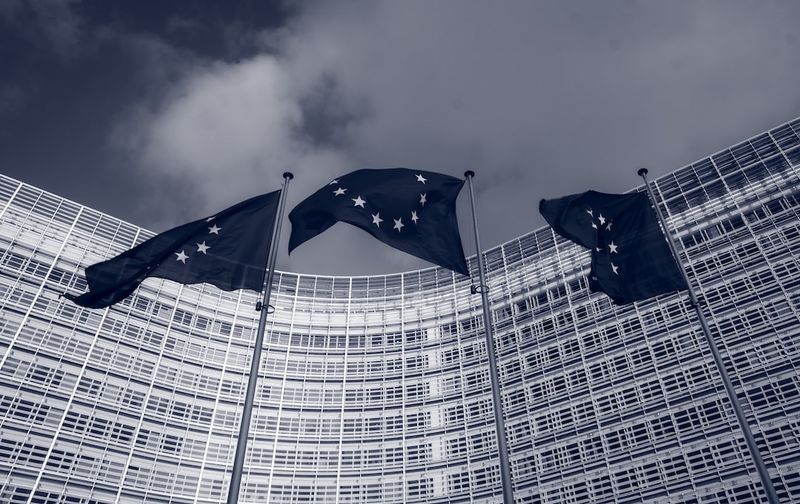Israel Judicial Reform: Netanyahu‘s Health and Key Vote
Introduction
Israeli Prime Minister Benjamin Netanyahu‘s recent emergency surgery to fit a pacemaker has come at a critical moment. As parliament prepares for a key vote on a contentious overhaul of the judiciary, the health of the country’s long-standing leader is under scrutiny. The proposed reforms seek to limit the powers of the Supreme Court, prompting widespread protests and threats of strikes. Netanyahu‘s absence from the political scene during this crucial period has raised concerns over the future of Israeli democracy.
Netanyahu‘s Health and Surgery
Prime Minister Benjamin Netanyahu was taken to Sheba Medical Centre on Saturday night and underwent successful emergency surgery for a pacemaker. Doctors have confirmed that the procedure went well, and he is not in a life-threatening condition. Netanyahu himself has assured the public of his excellent health and willingness to listen to his doctors. This hospitalization follows his admission last week for dehydration, raising questions about the stability of his health.
Implications for the Key Vote
Netanyahu‘s hospitalization coincides with a crucial parliamentary vote on the government’s plans for judicial reform. The proposed changes aim to curtail the powers of the Supreme Court, a move that has sparked widespread opposition. Protests against the reform have swept the nation, with workers vowing to strike if the bill is passed. The upcoming vote, which is expected to take place on Monday, presents a confrontation between the hard-line religious-nationalist coalition and various sectors of Israeli society.
Protests and Opposition
Israel has witnessed months of protests against the judicial reform. Tens of thousands of demonstrators have marched from Tel Aviv to Jerusalem, filling the main highway. Many protesters have camped near the parliament in Sacher Park to voice their opposition. Former army chiefs of staff and senior Israeli security officials have also voiced their concerns, criticizing the government’s plans and expressing support for the reservist military boycott. The proposed legislation is seen as destructive to the common foundations of Israeli society, threatening national security and dividing the people.
The Reservist Boycott
The threat of a mass boycott of service duty by thousands of military reservists, including hundreds of air force pilots, adds to the pressure faced by the government. Three former army chiefs of staff and dozens of senior security officials signed a letter condemning the reform and pledging support for the boycott. The reservists’ group, Brothers in Arms, has expressed frustration with the government’s plans, emphasizing their commitment to the kingdom rather than the king. Such a large-scale boycott could severely impact the operational capability of the Israeli military and is considered a pivotal moment in the ongoing anti-government protest movement.
Controversy over the Reform
The proposed judicial reform has sparked intense debate in Israel. Supporters argue that the Supreme Court has become increasingly activist, obstructing the policies of democratically elected governments and making politically biased decisions. They believe the reform is necessary to rein in the court’s powers and restore balance to the system. On the other hand, critics, including Netanyahu‘s opponents, fear that the reform will undermine Israel‘s democracy by weakening the judiciary’s independence and oversight of the government. They express concerns that Netanyahu, facing corruption charges, may be exploiting the reform to obstruct his own legal issues.
Conclusion: Democracy at Stake
The ongoing turmoil surrounding Netanyahu‘s health and the proposed judicial reform reflects the deep divisions within Israeli society. Israel‘s Supreme Court plays a crucial role in scrutinizing the government’s exercise of power. The outcome of the forthcoming parliamentary vote will have far-reaching consequences for Israeli democracy and the balance of power between the judiciary and the executive. As the nation awaits Netanyahu‘s return to parliament following his surgery, the concerned public hopes for fair and transparent decision-making that upholds the principles of democracy and safeguards the country’s future.

<< photo by Christian Lue >>
The image is for illustrative purposes only and does not depict the actual situation.
You might want to read !
- “Weaving Dissent: Unraveling the Surprising Disbandment of ANTI-FLAG”
- “Exploiting the Emergency: How Will Hawaii Weather the Storm?”
- Tragedy Strikes: Remembering Cody Ince, the Promising Athlete Taken Too Soon
- “Exploring the Intimacy and Impact of Cillian Murphy and Florence Pugh’s ‘Oppenheimer’ Sex Scenes”
- “The Rise of Julija Stoliarenko: Breaking Barriers in UFC London”
- From Prospect to Contender: Tom Aspinall Dominates in UFC London Triumph
- “Embracing the Future: Julija Stoliarenko Dominates with Quick Flyweight Submission”
- 10 Fascinating Facts About Albert Einstein: Unraveling the Little-Known Side of the Brilliant Scientist
- Unlocking the Enigmatic Genius: 10 Lesser-Known Facts About Albert Einstein
- Sal Frelick Promotion: Analyzing the Rise of the Brewers’ Former First-Round Pick
- In Memoriam: Bill Geddie – The Making of an Iconic TV Duo
- Remembering Bill Geddie: The Legacy of ‘The View’ Co-Creator and Executive Producer




